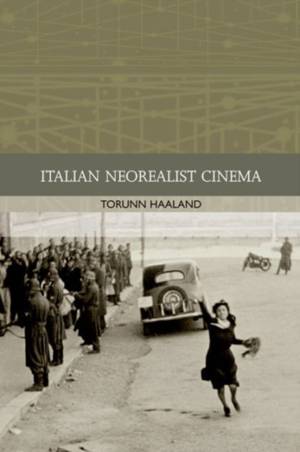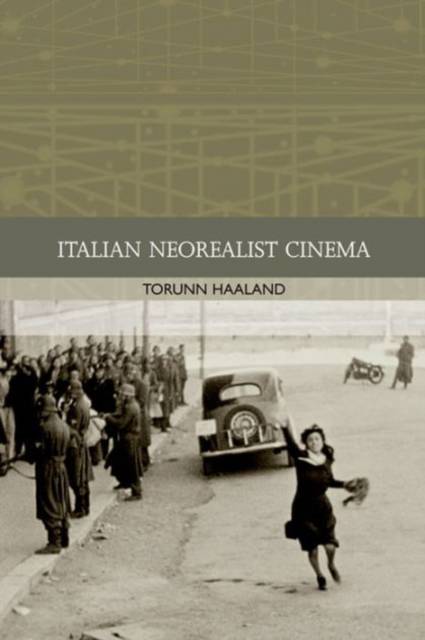
- Retrait gratuit dans votre magasin Club
- 7.000.000 titres dans notre catalogue
- Payer en toute sécurité
- Toujours un magasin près de chez vous
- Retrait gratuit dans votre magasin Club
- 7.000.000 titres dans notre catalogue
- Payer en toute sécurité
- Toujours un magasin près de chez vous
Description
How has Italian neorealist cinema changed the boundaries of cinematic narration and representation?
In this new study, Torunn Haaland argues that neorealism was a cultural moment based on individual optiques. She accounts for the tradition's coherence in terms of its moral commitment to creating critical viewing experiences around underrepresented realities and marginalised people. By examining both acclaimed masterpieces and lesser known works, parallels are drawn to realist theories and to past and present cinematic traditions. The ways in which successive generations of directors have readopted, negotiated and broken with the themes and aesthetics of neorealist film are discussed and evaluated, along with neorealist tendencies in other arts, such as literature.
An engaging and informative read for students and scholars in Italian Studies, Italian Neorealist Cinema presents a new approach to a key cinematic tradition, and so is essential reading for everyone working in the field of Film Studies.
Spécifications
Parties prenantes
- Auteur(s) :
- Editeur:
Contenu
- Nombre de pages :
- 248
- Langue:
- Anglais
- Collection :
Caractéristiques
- EAN:
- 9780748636129
- Date de parution :
- 17-12-13
- Format:
- Livre broché
- Format numérique:
- Trade paperback (VS)
- Dimensions :
- 155 mm x 234 mm
- Poids :
- 453 g







